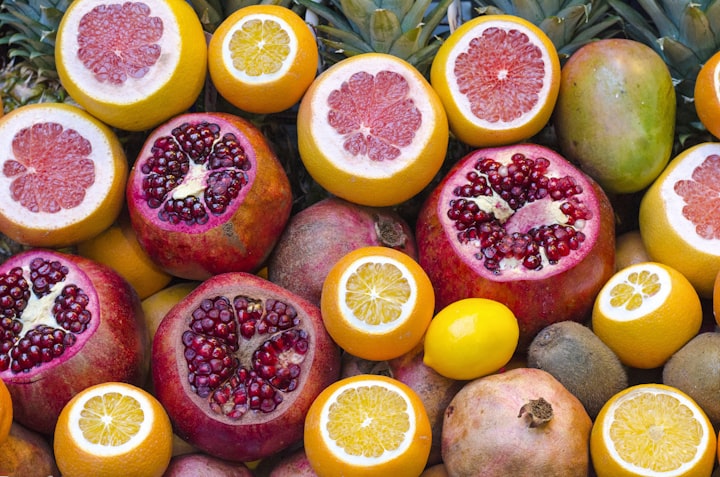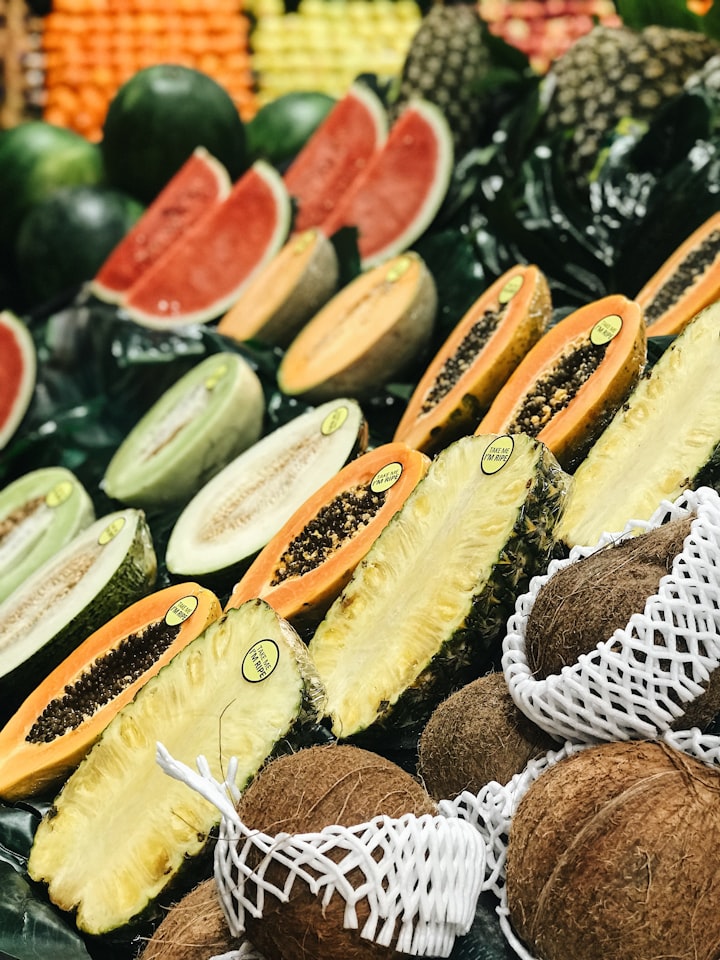What to Try Before An Elimination Diet
Protecting your gut and your sanity

If you’ve ever experienced a change in your digestion or your skin, I can almost guarantee that you’ve Googled or thought about if your food choices were involved. And you probably got stuck in a rabbit hole of foods to avoid or might be making things worse.
But fear not! Before you start cutting out your favourite foods (and being miserable in the process), here’s a list of things to try before you start any elimination diet.
1. Prioritize regular eating during the day. The human digestive system is essentially one big muscle, and as it is used, it gets stronger and works to keep food moving through. We have two main processes of digestion: peristalsis for forward motion, and the migrating motor complex for mixing and cleaning. These processes work as an element of strong digestive muscles, and without adequate nutrition the muscles become weaker and their processes less effective. This leads to more bloating, constipation or diarrhea than usual, and may even have an impact on hunger and fullness cues.
Regular eating also impacts our blood sugar stability, which can play a big role in our hormone production and skin as a result. Wacky blood sugars mean wacky insulin release, and when insulin is out of sorts it can negatively impact estrogen production. We like estrogen for glowing and soft skin so keeping your pancreas happy is a good way to get it!
2. Consider where fibre is in your meals and snacks. Fibre plays an important role in stimulating the digestive system to move and in absorbing water to make things softer. If you’ve had a period of time where fibre intake is super low, it would not be entirely surprising to experience bowel movements that are a little slower or a little looser. And if you’ve increased your fibre intake significantly in a short period of time, it would be totally valid that you’re more constipated than usual. Fibre is available in tons of foods, including fruits and vegetables, whole grains and starchy foods, legumes and beans, and even in nuts and seeds. Having a variety is important to feed your gut and keep you happy!
Fibre is also important for hormone metabolism and breakdown, which is important for reducing those pesky pre-period breakouts. It can bind with excess glucose and estrogen, both of which can affect the skin cell integrity and contribute to acne breakouts.
3. Water, water and more water. Lay off the coffee, please for the love of whatever God or being you pray to. If you’re dehydrated, not only is your digestive system limited in how soft it can make a bowel movement, but your cells are dry and irritated as well. Much of our skin’s hydration comes from the fluids we consume, versus the products we apply. And while caffeine in and of itself isn’t necessarily dehydrating (interestingly enough, those who consume coffee more regularly are less likely to notice a diuretic effect of drinking it), caffeine in excess can be and displaces other nutrient-rich beverages like water, milk and even 100% fruit juice. Not to mention the negative impact that coffee on an empty stomach can do to your regularity!
4. Keep an actual food and symptom journal. Before you start removing foods all willy-nilly, see what patterns actually exist for you. It doesn’t make any sense to start avoiding dairy if you literally never notice stomach upset after eating it, in the same way that wheat-based products might not be the enemy. Don’t worry about trying to track amounts consumed as that level of detail should be reviewed by a pro (like me!) - keep a general note of what foods you eat, the symptoms you experience and how soon after eating they come up. And it will make a world of difference noticing that you waiting too long to eat is the trigger before you stop eating cheese and hate every second of it.
5. And last, but certainly not least, talk to a professional. Dietitians are the food and nutrition experts who translate the super confusing nutrition information into actionable and individualized recommendations, and can do more specific monitoring to make sure you don’t become malnourished if you really do need an elimination diet. Even better if you find one with a special focus in digestive health – a word of wisdom: do ask questions and be curious if the dietitian you work with recommends supplements in their practice. Ask about the commissions they receive, how long you would be recommended to take a supplement for, and any alternatives, especially if the ones suggested are costly.
For the love of your gut and health, don’t jump into an elimination diet without a little bit of troubleshooting!
About the Creator
Emily the Period RD
I help people with periods navigate menstrual health education & wellness with a healthy serving of sass (and not an ounce of nutrition pseudoscience).






Comments
There are no comments for this story
Be the first to respond and start the conversation.